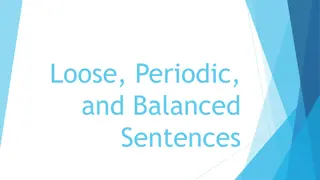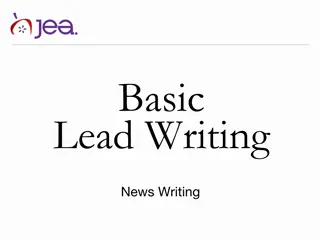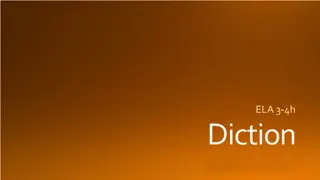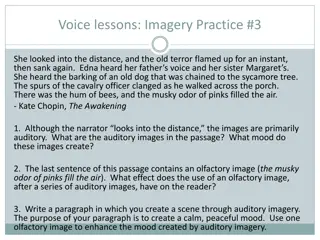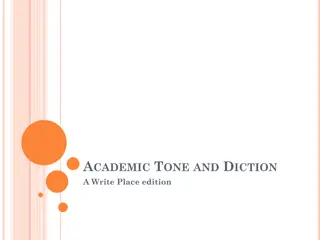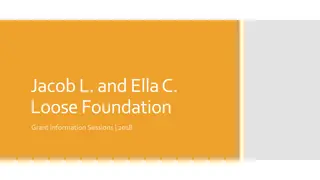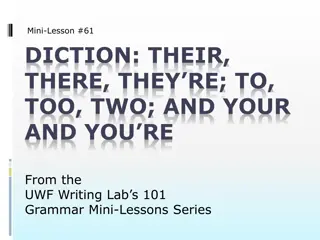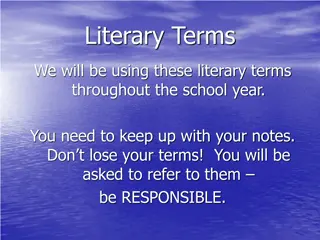Mastering Diction: Lead/Led and Loose/Lose
Understand the differences between lead/led and loose/lose with clear explanations and examples. Learn how to use these words correctly in sentences to improve your writing skills. Explore the nuances of pronunciation and usage to avoid common mistakes. Practice exercises included for reinforcement.
Download Presentation

Please find below an Image/Link to download the presentation.
The content on the website is provided AS IS for your information and personal use only. It may not be sold, licensed, or shared on other websites without obtaining consent from the author.If you encounter any issues during the download, it is possible that the publisher has removed the file from their server.
You are allowed to download the files provided on this website for personal or commercial use, subject to the condition that they are used lawfully. All files are the property of their respective owners.
The content on the website is provided AS IS for your information and personal use only. It may not be sold, licensed, or shared on other websites without obtaining consent from the author.
E N D
Presentation Transcript
Writing Lab Diction- Lead/Led and Loose/Lose
Lead and Led Lead is pronounced leed, and it is the infinitive form of the verb meaning to go first. Its principal parts are lead, leads, leading, led, and have led. Lead is also pronounced like bed when it refers to the graphite at the end of a pencil. Lead becomes led when it takes a past tense or participle form (example: has/have/had led and was/were/are/is led).
Led Lead becomes led when it takes a past tense or participle form (example: has/have/had led and was/were/are/is led).
Lead and Led examples The valedictorian will lead the senior class across the stage on graduation day. We were led to believe that the defendant was innocent. The lead in each pencil is broken.
Loose and Lose Loose is an adjective meaning not securely fastened or tightened or free from restraint. Loose rhymes with goose. Lose is a verb meaning to fail to win or to be unsuccessful in retaining possession of. Lose rhymes with choose. The principal parts of lose are lose, loses, losing, lost, and have lost.
Loose and Lose examples I hope we do not lose the game. The loose nail caused the structure to wobble. The student was upset about losing her favorite book.
Practice I felt bad about (loosing/losing) my best friend s necklace. The dog (led/lead ) the rescue group through the mountains to look for the lost child. The (led/lead) in my pencil broke while I was taking my test. My dog escaped from the yard and ran (loose/lose) throughout the neighborhood. The chair had a (loose/lose) screw, causing the chair to break when someone sat.
Answers I felt bad about losing my best friend s necklace. The dog led the rescue group through the mountains to look for the lost child. The lead in my pencil broke while I was taking my test. My dog escaped from the yard and ran loose throughout the neighborhood. The chair had a loose screw, causing the chair to break when someone sat.
Thats all, folks! This lesson is part of the UWF Writing Lab Grammar Mini-Lesson Series Lessons adapted from Real Good Grammar, Too by Mamie Webb Hixon To find out more, visit the Writing Lab s website where you can take a self-scoring quiz corresponding to this lesson







